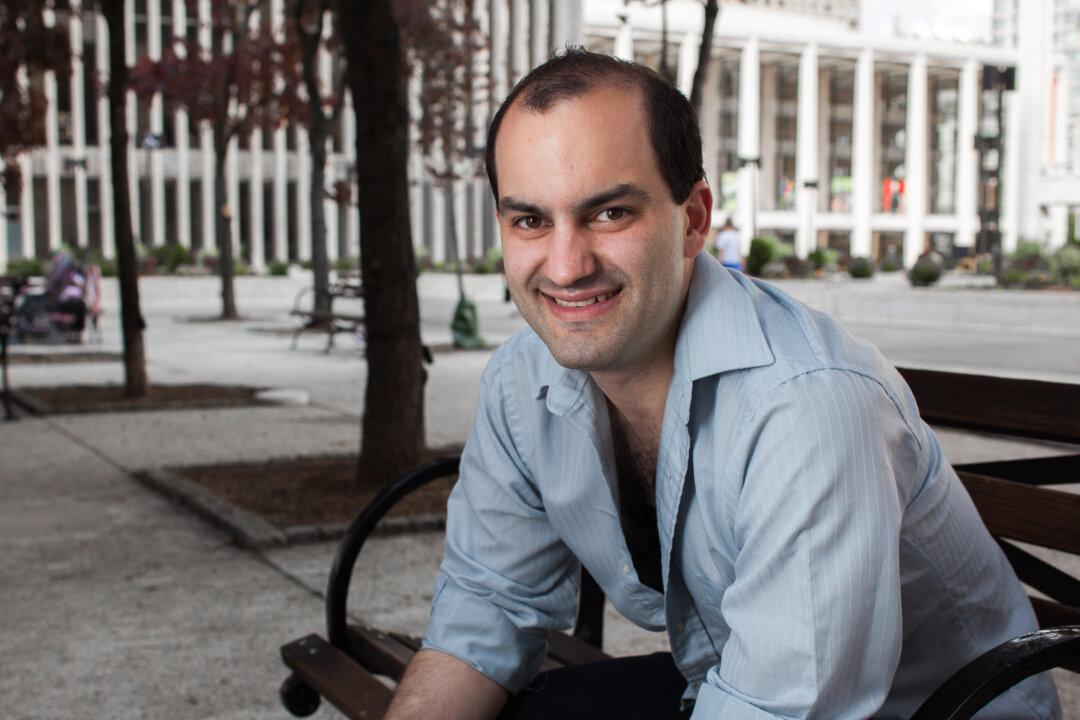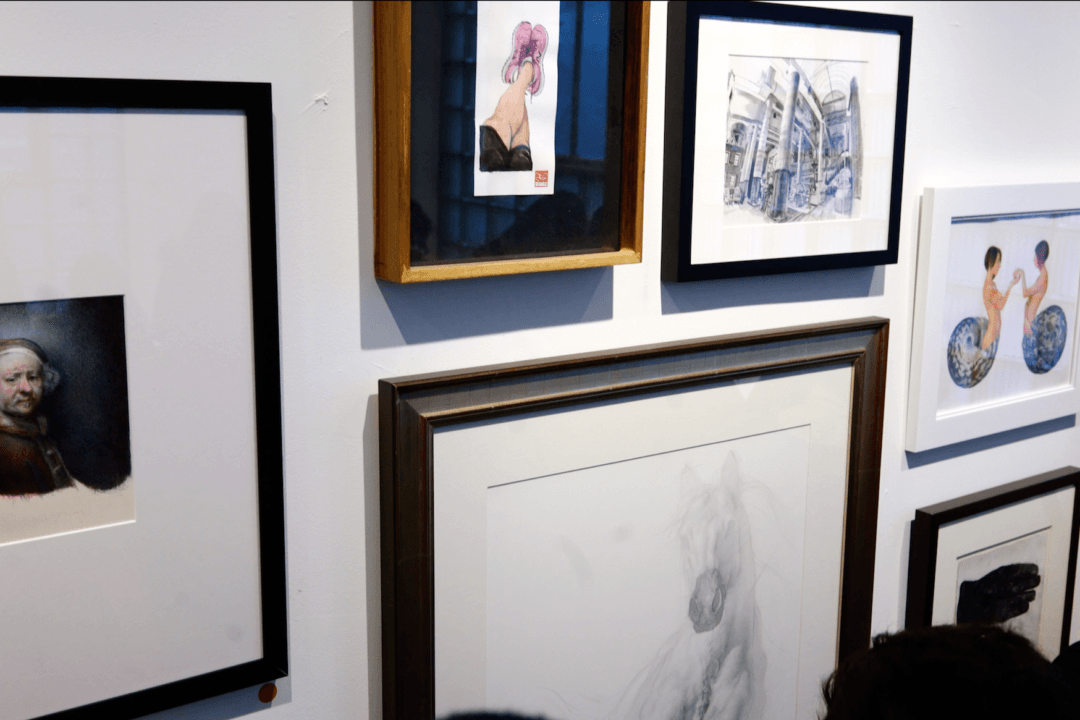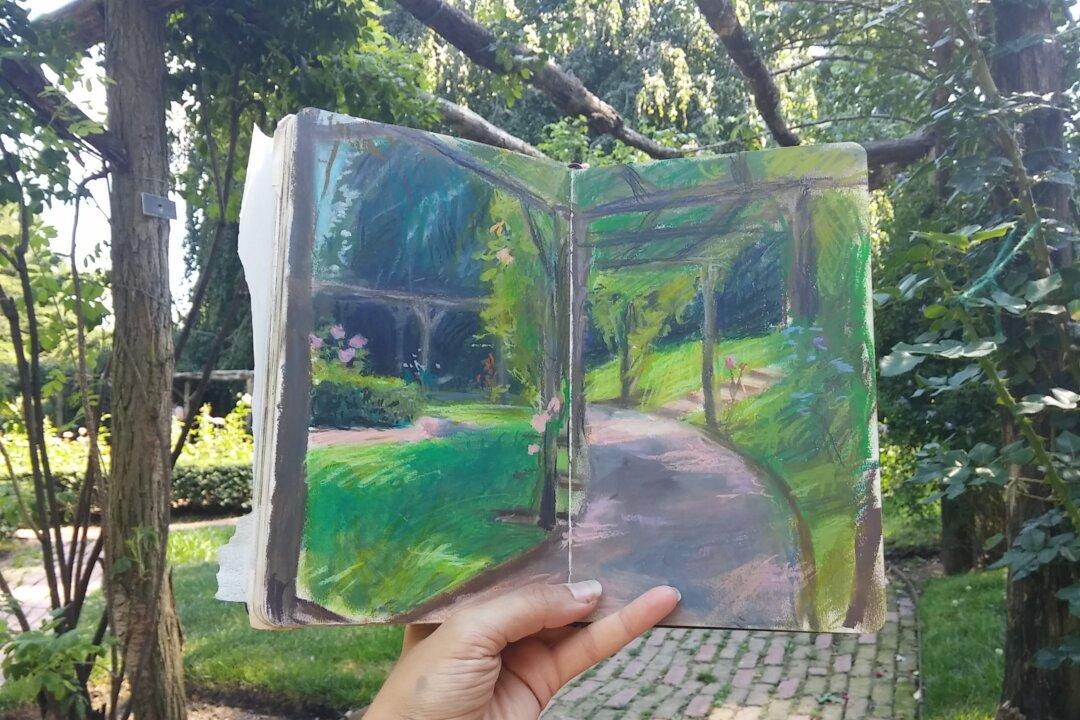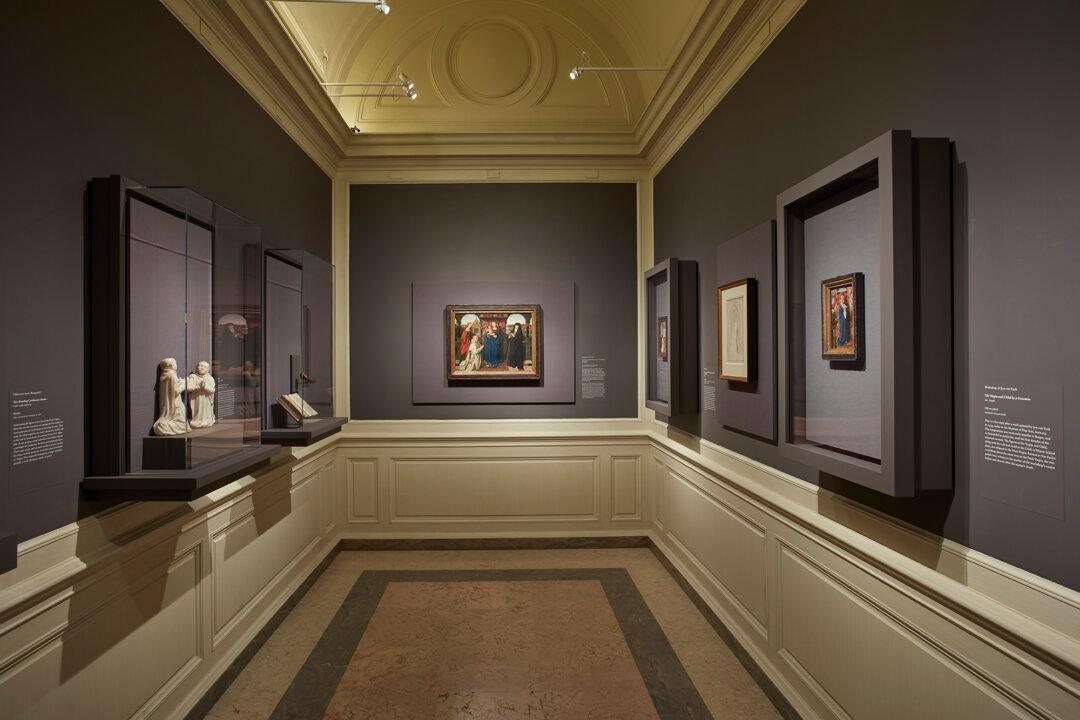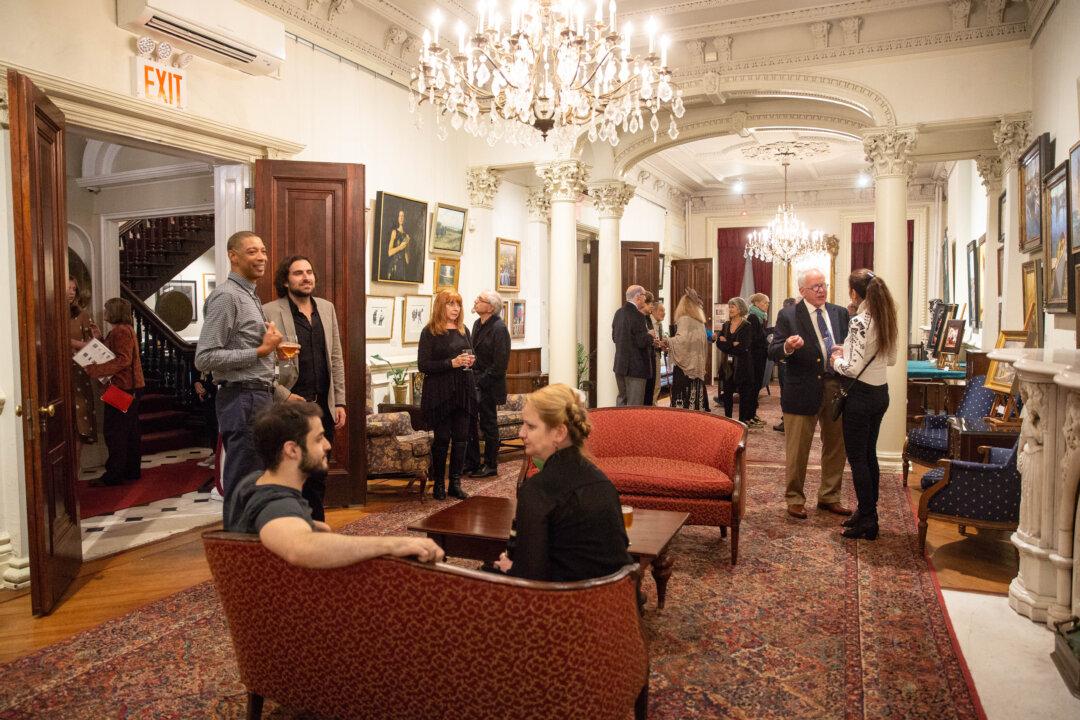NEW YORK—If you’ve ever wanted to make sense out of some deep emotions pent up inside of you, or for whatever reason wished to redeem yourself in some way, or if you’ve simply wanted a little escape, perhaps the opera is in order.
“The arts are very good at reaching you at an emotional level, on a very visceral level,” tenor Theo Lebow said, taking some time to reflect at the end of this year’s opera spring season at a café in Lincoln Center. “I don’t think that there are many other professions that can do that.”
He paused. “Sports do that, but it’s on a different wavelength. You feel happy, sad, victorious, disappointed, frustrated, or elated depending on how your team does, but there’s a greater range of feeling with the arts.”
Up-and-coming tenor Lebow wishes more people, and especially more younger people, would go to the opera. After all, he is just 29 and in the throes of his budding opera career. He is looking forward to singing for many more large audiences to come.

